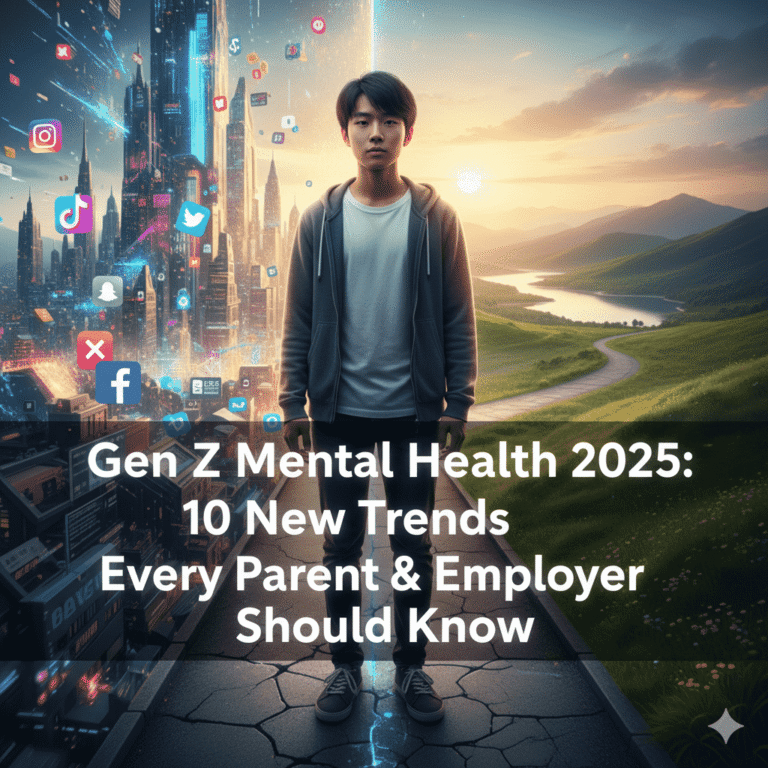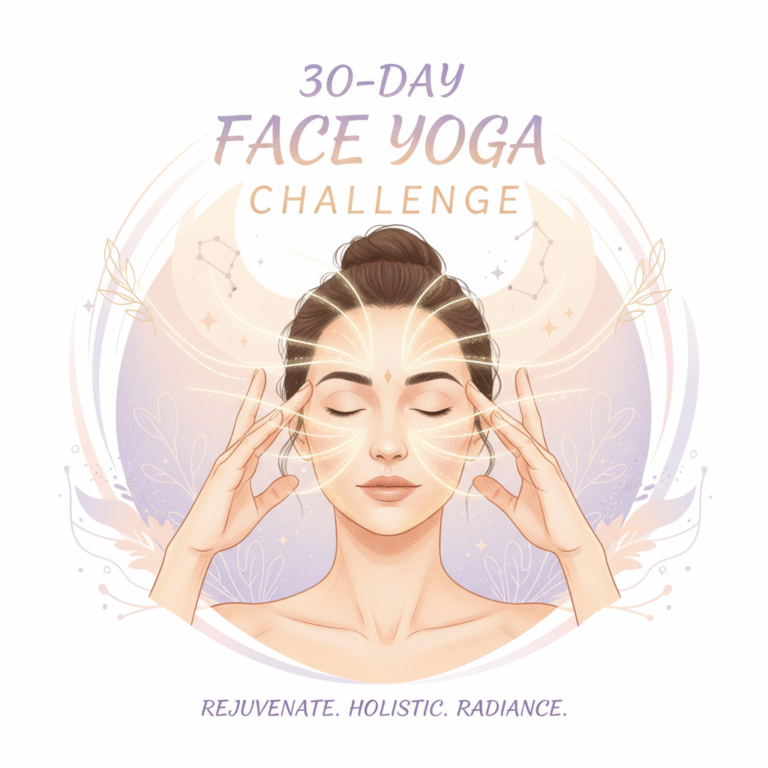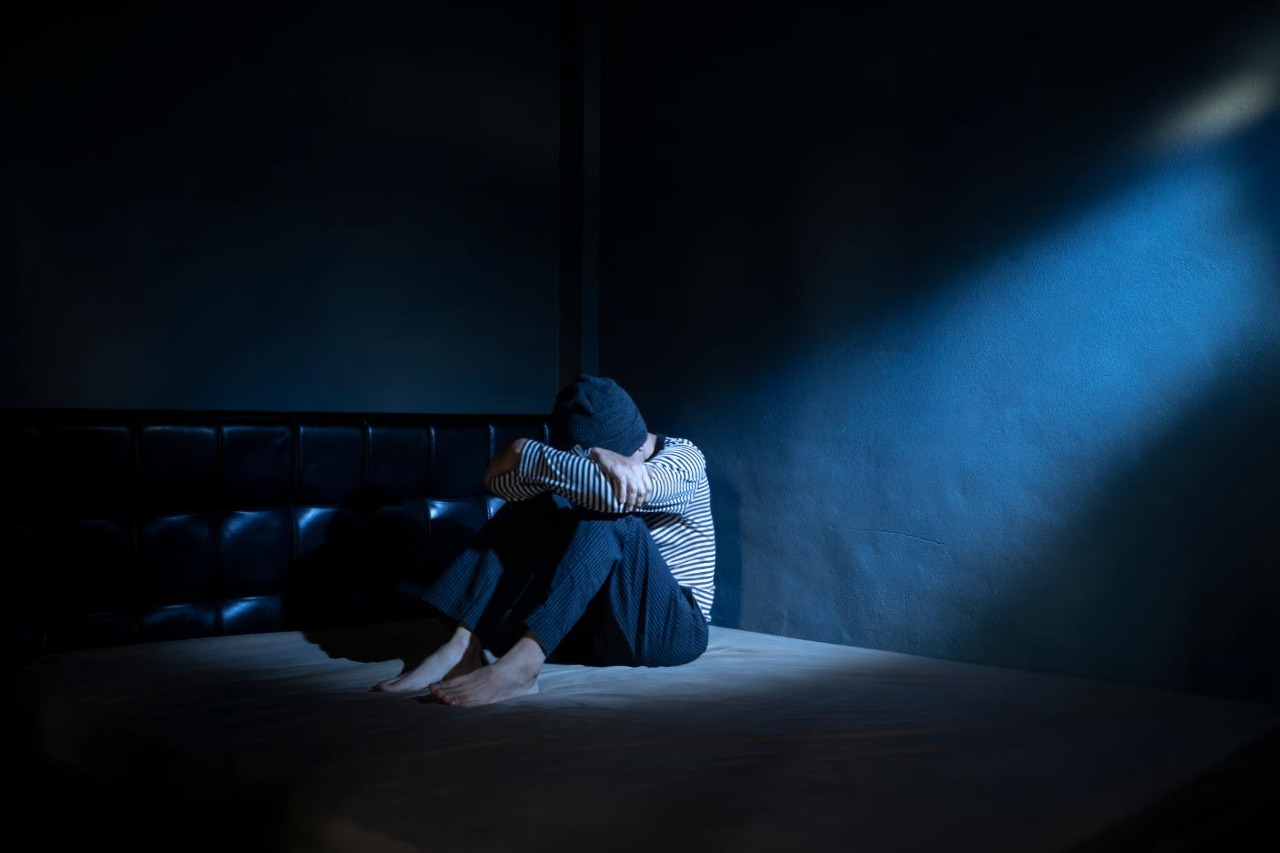
In today’s fast-paced world, depression has become a common mental health issue affecting millions globally. However, many people fail to recognize the early symptoms of depression, which delays getting the right help. Understanding these signs can be life-changing, allowing you or your loved ones to seek treatment sooner and improve quality of life.
What Is Depression?
Depression is more than just feeling sad or down temporarily. It is a serious mental health disorder that impacts your mood, thoughts, and daily functioning for weeks or months. Unlike normal sadness, depression affects your ability to enjoy life and perform routine activities.
Key Symptoms of Depression
If you or someone you know experiences several of the following symptoms continuously for more than two weeks, it may indicate depression:
- Persistent sadness or low mood throughout the day
- Loss of interest or pleasure in activities once enjoyed
- Fatigue or low energy that makes even simple tasks difficult
- Changes in appetite or weight without a clear reason
- Sleep disturbances, including insomnia or excessive sleeping
These symptoms can vary in intensity but should never be ignored.
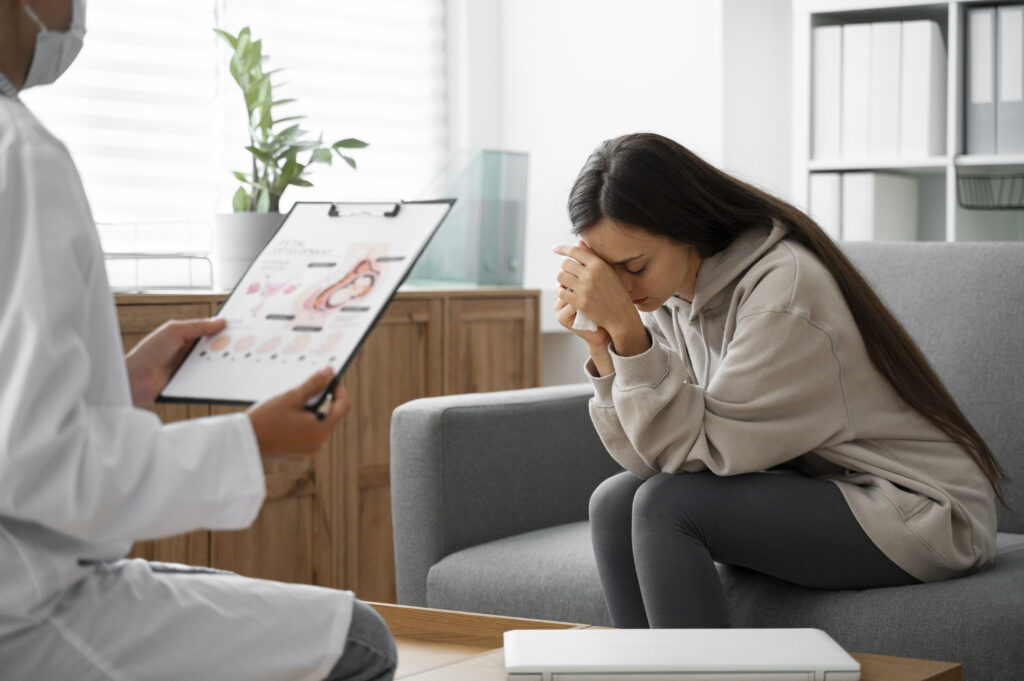
Why Early Detection of Depression Matters
Recognizing the early warning signs of depression is essential because early treatment significantly improves recovery chances. Many people mistake these symptoms for stress or temporary mood swings, which can lead to worsening mental and physical health. Depression can also cause physical symptoms, such as headaches, digestive issues, and unexplained pain, making early diagnosis crucial.
Emotional and Physical Signs to Watch For
The emotional symptoms of depression include persistent feelings of sadness, hopelessness, excessive guilt, and irritability. On the other hand, physical symptoms like constant fatigue, body aches, changes in appetite, and sleep problems are also very common. These symptoms combined can severely impact your daily life and relationships.
Depression vs. Normal Sadness: How to Tell the Difference
Everyone feels sad sometimes, but depression is different. Sadness is usually temporary and tied to specific events, whereas depression symptoms persist for weeks and interfere with daily life. If your low mood lasts more than two weeks, affects your ability to function, and comes with physical symptoms, it might be depression.
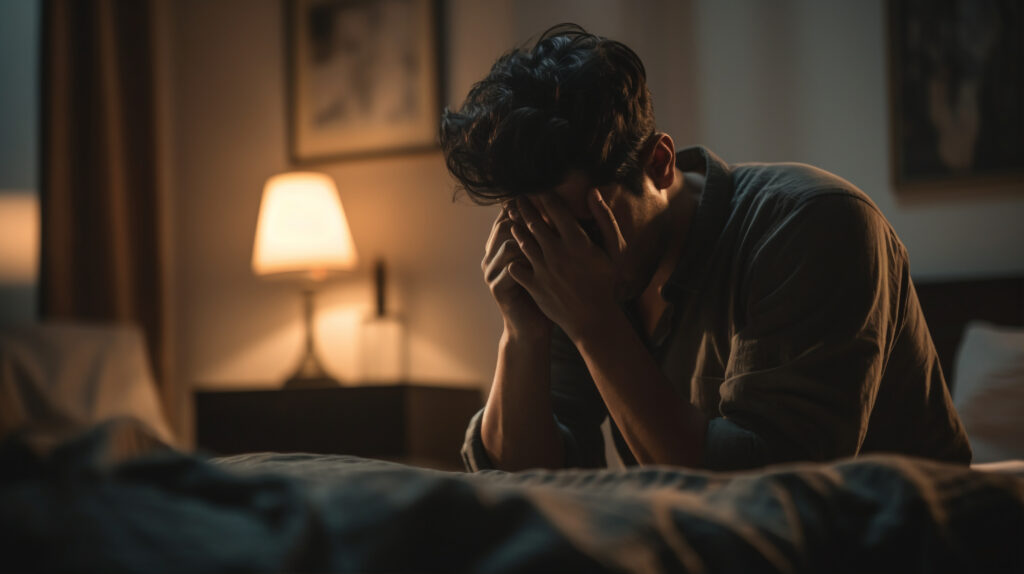
When Should You Seek Professional Help?
You should consider seeking professional help if:
- Symptoms last for more than two weeks
- Your daily functioning, work, or relationships are affected
- You experience thoughts of self-harm or suicide
- You feel overwhelming hopelessness or emptiness
- You are unable to manage your emotions or daily tasks
Early intervention can prevent worsening symptoms and improve your mental well-being.
Where to Find Help for Depression
Effective treatment options for depression include:
- Consulting mental health professionals like psychologists or psychiatrists
- Engaging in therapies such as Cognitive Behavioral Therapy (CBT)
- Considering prescribed medications when recommended
- Using online therapy platforms for convenient access
- Joining support groups to share experiences and get encouragement
Self-Care Tips to Support Recovery
Along with professional treatment, the following self-help strategies can aid in managing depression:
- Engage in regular physical exercise to boost mood
- Maintain a balanced diet rich in vitamins and minerals
- Prioritize good quality sleep and establish routines
- Avoid alcohol and recreational drugs which can worsen symptoms
- Practice mindfulness or meditation to reduce stress
- Stay connected with friends and family for social support
- Keep a journal to track moods and triggers

Conclusion
Recognizing the symptoms of depression early is the first step toward healing. If you or someone you know experiences these signs, don’t hesitate to seek help. Depression is treatable, and with the right support, you can regain control and find happiness again. Remember, you are not alone.
How can I tell if I’m depressed or just feeling sad?
Sadness is usually temporary and linked to specific events, while depression symptoms last for at least two weeks and affect daily functioning.
When should I seek professional help for depression?
If symptoms last more than two weeks, interfere with your daily life, or you have thoughts of self-harm, it’s important to seek help immediately.
Can depression cause physical symptoms?
Yes, depression can cause headaches, body aches, digestive issues, and changes in sleep and appetite.
What treatments are available for depression?
Treatments include therapy (like Cognitive Behavioral Therapy), medications, lifestyle changes, and support groups.
Are there any self-care tips to manage depression?
Yes, regular exercise, balanced diet, proper sleep, mindfulness, and staying connected with loved ones can help manage symptoms.

